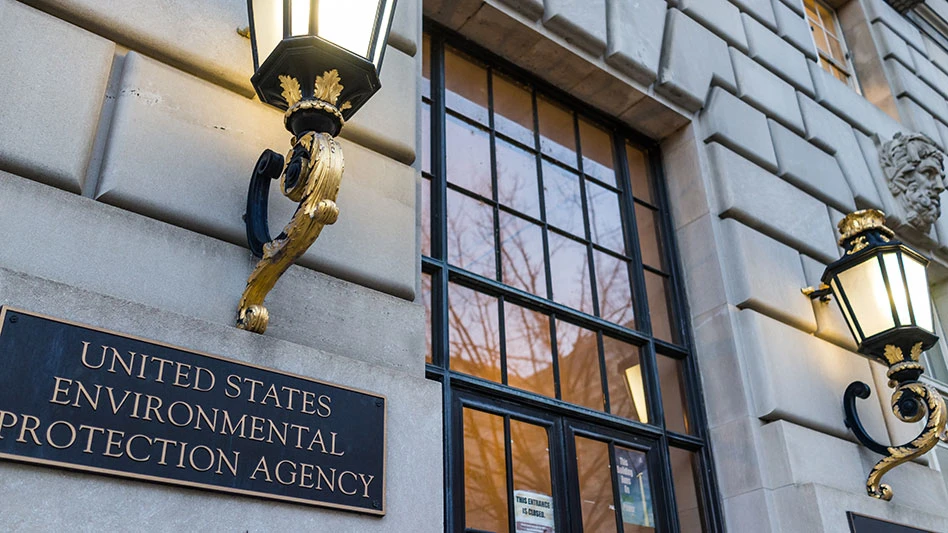
©Kristina | stock.adobe.com
More than a dozen automakers and biogas producers recently urged the Biden Administration to finalize the proposed ‘eRINs’ program under the U.S. Environmental Protection Agency’s (EPA) Renewable Fuel Standard (RFS). In the June meeting, led by Bridge to Renewables Inc. (BTR), Washington, the stakeholders expressed broad support for the White House Office of Management and Budget to finalize EPA’s proposal such that eRIN generation may begin in 2024.
The EPA’s proposed rule announced in December 2022 includes how RINs from renewable electricity (eRINs) would be implemented. This update to the RFS program would allow parties to register with EPA and generate eRINs produced from qualifying renewable biomass used as transportation fuel, says the EPA.
RELATED: Diversified markets | Platts launches daily price assessments of North American RNG
BTR submitted one of the first registration applications to generate eRINs in 2015 and has continuously urged the EPA to develop regulations for the program.
“The EPA’s long-awaited eRINs program, as proposed last year, would undoubtedly result in meaningful emissions reductions from the transportation and energy industries,” BTR CEO Jack Barrow says. “It would support the transition to electric vehicles and encourage the capture and productive use of methane at existing landfills and farms across the U.S. The program would also be complementary to other important policies recently proposed by the Biden Administration and would help the White House achieve its climate goals more broadly. Congress has long intended for electricity to be actively included in the RFS as a transportation fuel, and finalizing the eRINs program, a tool readily available to the EPA, should not be further delayed. BTR strongly encourages the Biden Administration to include eRINs in the final rule on June 21 to realize all of the program’s potential benefits beginning in 2024.”
While the EPA included eRINs in its December proposed rule, Republican members of the House Energy & Commerce Committee sent a letter to the EPA in April questioning whether including electricity in the RFS is a good idea.
“Our goal is to ensure that all Americans have access to affordable, available, reliable and secure energy,” write the eight committee members. “The final design of the eRINs program under the RFS inserts uncertainty into the transportation fuels market. It could create new economic opportunities for parties that service the electricity distribution sector and certain renewable fuels producers, or it could create regulatory barriers that would negatively impact American companies and complicate consumers’ ability to access the fuels they need for the lives they live.”
In its own May 12 letter to the EPA, David McCullough, an attorney representing BTR, dismisses criticism of the eRINS program claiming that fuel derived from electricity would not be permitted under the Clean Air Act.
“Specifically, in May 2009, EPA proposed the first rules for the RFS under EISA, which included a preamble discussing EPA’s authority to promulgate rules allowing for the generation of eRINs by parties other than gasoline refiners, blenders and importers,” he writes.
Other companies participating in the June 9 teleconference included OMB, Porsche Cars of North America, General Motors, Ford, Audi of America, Volvo Cars, NextEra Energy Resources, Ameresco, Lucid, Alliance for Automotive Innovation, DTE Energy, Kia North America, Hyundai, BMW of North America and Opal Fuels.
Latest from Waste Today
- US Senate backs reduced cuts to EPA
- Waste Connections announces Q2 results
- Returnity and Cosmoprof to address reusable bag waste
- SWANA releases report on aging WTE facilities
- New economic assessment reveals cost benefits of California’s SB 54
- Premier Truck Sales & Rental opens new facility
- TeknTrash Robotics, Sharp Group partner on humanoid robot pilot
- Stadler equips mixed waste sorting plant in Sweden





